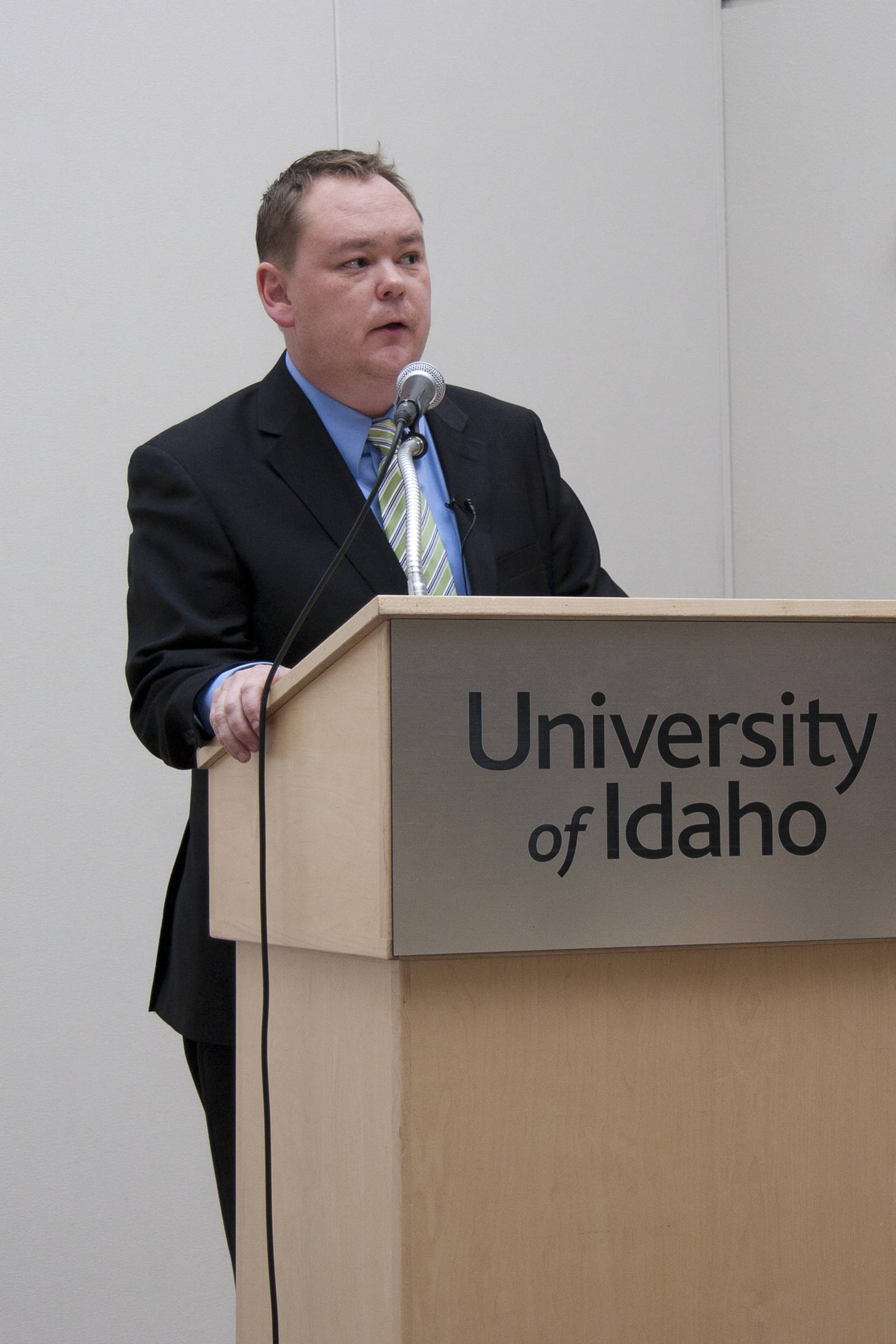ABSTRACT
It was Montaigne who first attached the term essay to what we now regard as a literary genre. His essays were deeply personal and informal. They broke boundaries not only because of the nature of his subject matter (i.e. offering what some today would call TMI), but also because he chose not to write in Latin (as was expected), but in the common French. Montaigne's definition of the essay, and the one we often use today, is "an attempt," a "test," a "trial." The essay has its roots not in literature but in philosophy which is to say it is, fundamentally, an epistemological form. It is an instrument by which we come to know ourselves deeply and personally, and, therefore, the human condition.
"We must remove the mask," Montaigne wrote. All pretenses must be stripped away. Vulnerability must take center stage. Montaigne had the idea that there is a certain unity to human experience: "In every one of us is the entire human condition."When a writer is telling about herself, she is telling, to some degree, about all of us. The personal essay, when artfully rendered, must be at once personal and universal without regard to the peculiarities of the subject at hand. For instance, a reader from Omaha or Cairo, can read Junichiro Tanizaki's brilliant and gorgeous essay, "In Praise of Shadows"—a meditation on aesthetics in Japanese culture—and recognize the larger, dynamic, and universal themes that are unfurled in that essay: that there is beauty in the places that convention has conditioned us to believe ugly; that there loveliness in the dark, and in the worn crevices of wooden cookware, etc. The essayist takes the ordinary or the ostensibly trivial (those things that bind us in our humanity) and makes them extraordinary by casting a new light on them, and waking us up to our unique station in a shared world.
BIOGRAPHY
Brandon Schrand is the author of the memoirs Works Cited: An Alphabetical Odyssey of Mayhem, Misbehavior & How a Good Book Can Save Your Life (Theoretically Speaking); Or, an Anti-Kindle Memoir (2012); and The Enders Hotel (2008), a River Teeth Nonfiction Prize Winner, and a 2008 Barnes & Noble Discover Great New Writers selection. His work has been published widely in publications such as The Utne Reader, The Dallas Morning News, Shenandoah, The Missouri Review, and many others. He's received the 2009 Thomas Carter Prize for the Essay, The Pushcart Prize, and has Notable Essays in The Best American Essays 2007, 2008, & 2009. His nonfiction has also earned him a Yaddo residency. He teaches creative writing and literature in the Department of English.
For more information: Rodney Frey



